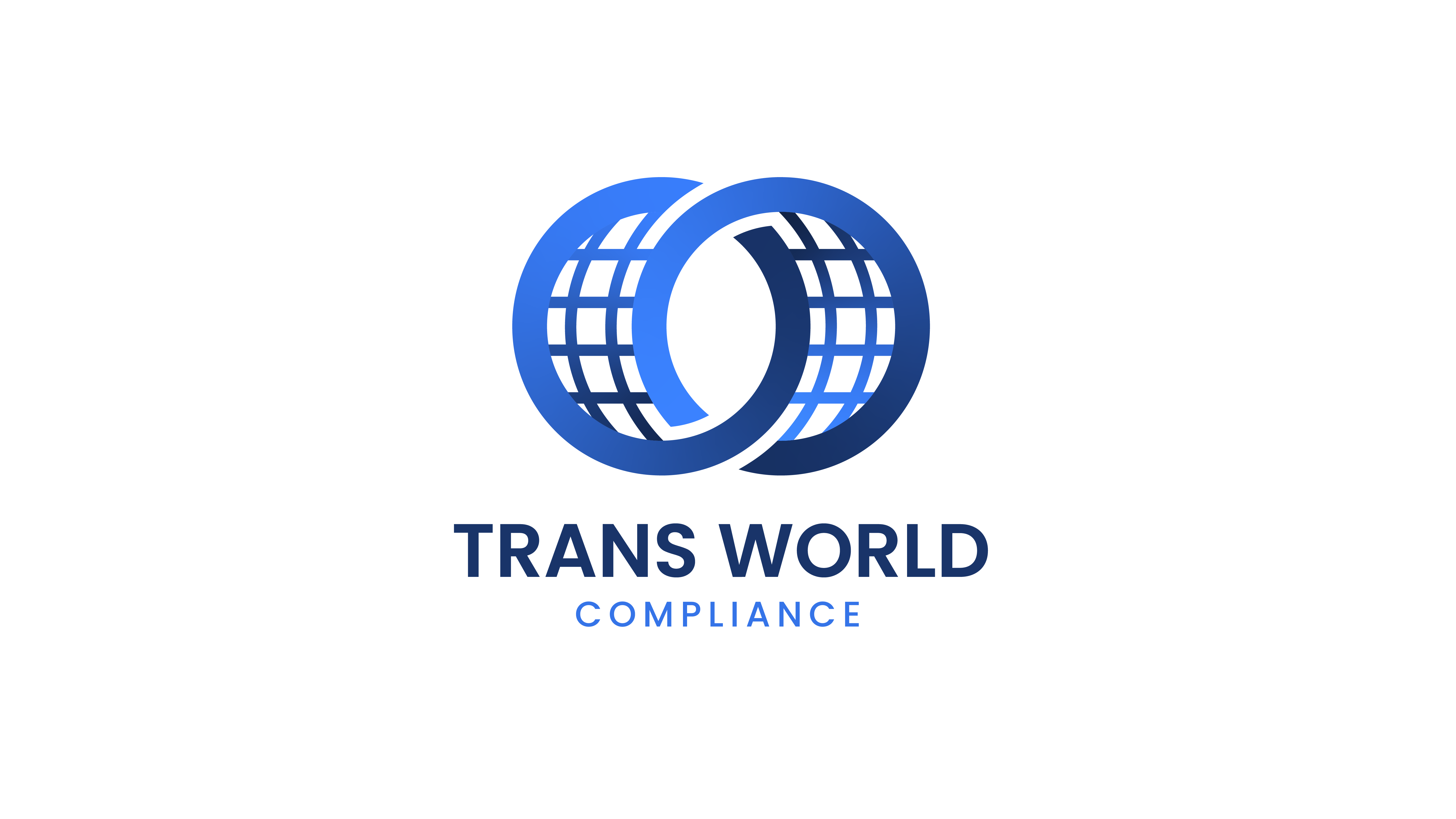Benefits of Technology Integration for Corporate Service Providers
Corporate Service Providers (CSPs) operate in a highly regulated environment where compliance with regulatory requirements such as CRS and FATCA is paramount. Integrating technology solutions has become indispensable for CSPs to comply with these complex regulations effectively and ensure seamless operations. This blog will explore why technology integration is essential for CSPs and how it helps comply with regulatory requirements.
Seven reasons why integrating technology solutions for corporate service providers is so important
1. Efficiency and Compliance
Technology solutions streamline processes and automate tasks, enabling CSPs to operate more efficiently while meeting regulatory requirements. By integrating technology, CSPs can automate CRS and FATCA reporting compliance processes, ensuring accuracy and timeliness in regulatory filings. This reduces the risk of compliance errors and saves valuable time and resources.
2. Risk Management and Data Security
Regulatory compliance goes hand in hand with risk management and data security. Technology solutions offer advanced encryption, access controls, and audit trails, safeguarding sensitive client information and financial data from unauthorized access or breaches. CSPs can leverage these features to mitigate risks associated with non-compliance and protect client confidentiality.
3. Client Service Enhancement
Technology integration enhances service delivery by improving communication and transparency. Client portals and communication tools enable CSPs to provide real-time updates on compliance status, fostering trust and confidence among clients. Additionally, technology solutions facilitate data analysis and reporting, allowing CSPs to offer clients valuable insights and strategic guidance.
4. Competitive Advantage
Embracing technology gives CSPs a competitive edge in the market. By offering innovative services and improving operational efficiency, CSPs can attract new clients, retain existing ones, and expand their market presence. Technology integration enables CSPs to stay ahead of competitors and adapt to changing client needs and market dynamics.
5. Scalability and Growth
Technology solutions are scalable, allowing CSPs to accommodate growth and expansion. Cloud-based solutions, in particular, offer flexibility and scalability, enabling CSPs to adapt to changing business needs and regulatory requirements seamlessly. By leveraging scalable technology solutions, CSPs can position themselves for sustainable growth and success in the long term.
6. Cost Savings
While upfront investment in technology may seem significant, the long-term cost savings are substantial. Technology solutions reduce the need for manual labor, paper-based processes, and administrative overhead, resulting in cost savings in reduced labor costs, operational expenses, and compliance penalties. Additionally, technology enables CSPs to optimize resource utilization and allocate resources more efficiently.
7. Compliance and Risk Management
Regulatory compliance is a top priority for CSPs, who must adhere to various legal and regulatory requirements. Technology solutions help CSPs stay compliant by automating compliance processes, tracking regulatory changes, and generating accurate reports. Additionally, technology can mitigate risks by identifying potential compliance issues and implementing proactive risk management strategies.
Selecting Technology Solutions
The Case of Trans World Compliance and CRS/FATCA One
Trans World Compliance (TWC) offers a leading compliance software solution, CRS/FATCA One, designed for global commercial banks and CSPs. This automated platform simplifies CRS and FATCA reporting processes, ensuring compliance with regulatory requirements. CRS/FATCA One features customizable configurations tailored to local jurisdiction requirements, enabling seamless data reporting and transmission to tax authorities.
With extensive reporting and auditing capabilities, CSPs can rely on CRS/FATCA One to streamline compliance efforts and mitigate regulatory risks effectively.
Conclusion
In conclusion, technology integration offers immense opportunities for CSPs to streamline operations, enhance compliance efforts, and deliver exceptional service to clients. By assessing their current state, selecting the right technology solutions, and implementing effective integration strategies, CSPs can harness the power of technology to drive innovation, efficiency, and competitiveness in the increasingly digital landscape of corporate services.





